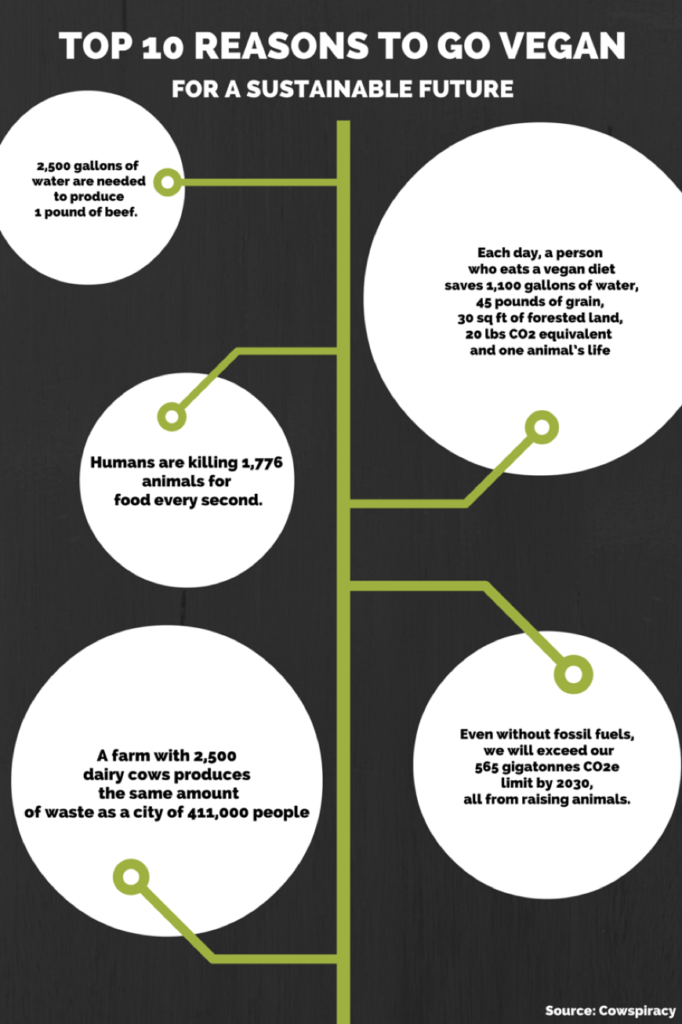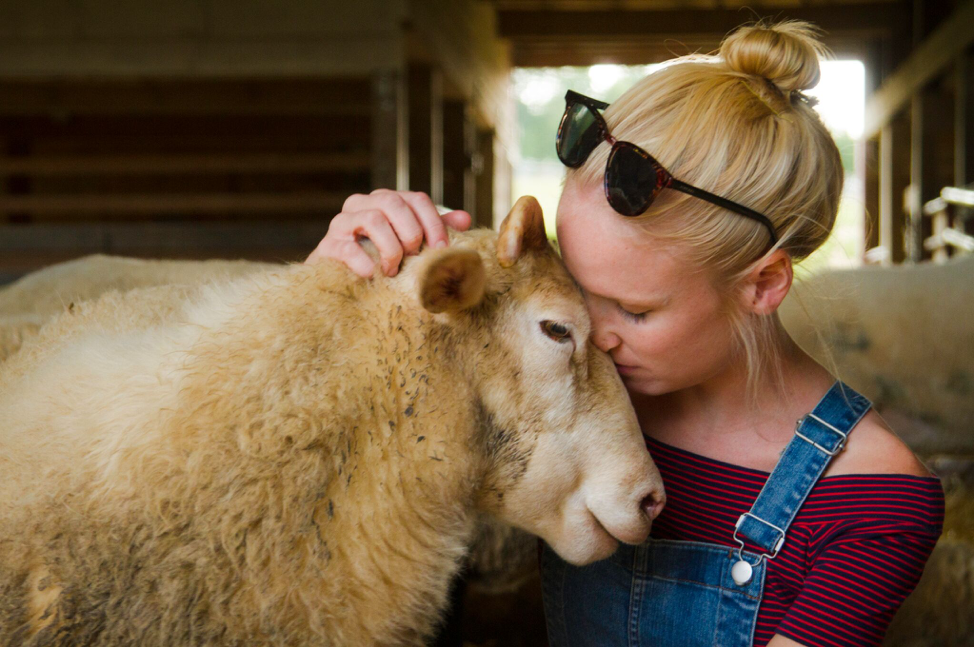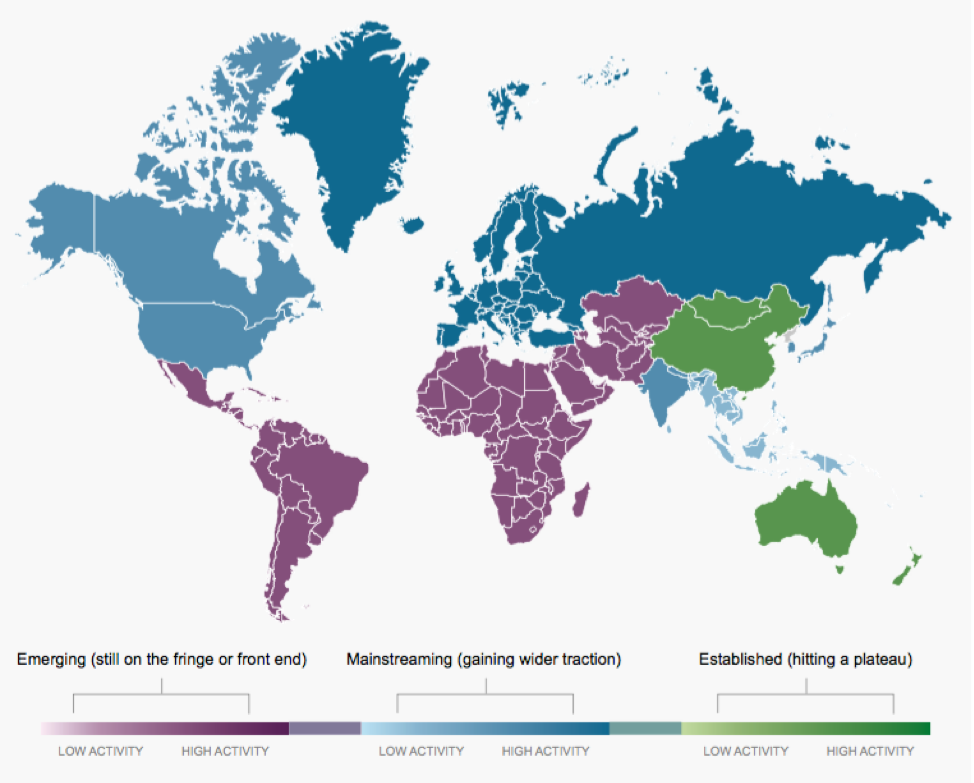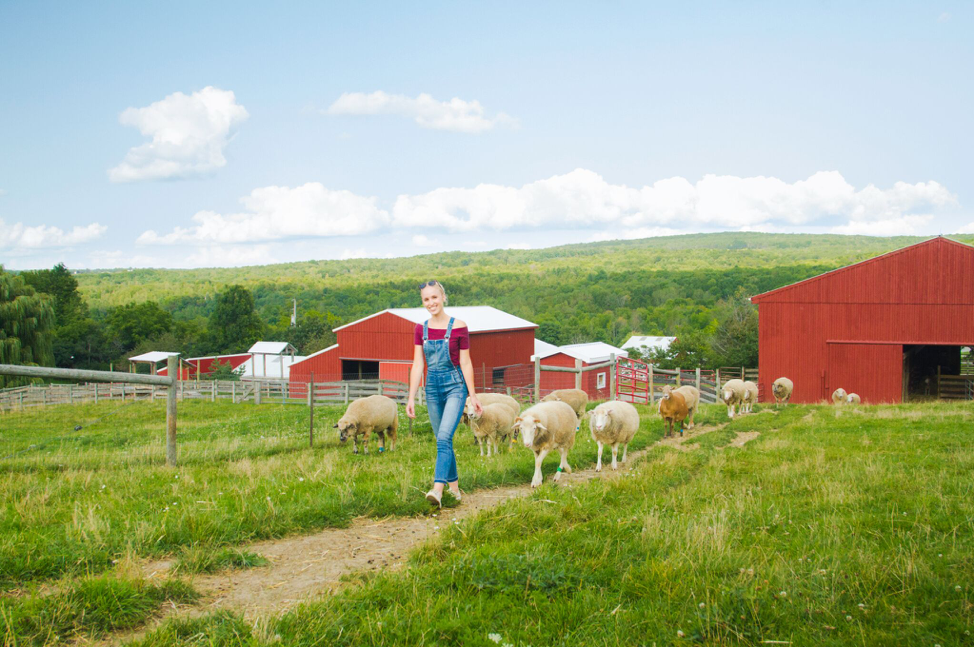By Dana Rosati
The way we mass-produce animal products today is a serious threat to the environment, public health, and animals. However, encouraging people to consider plant-based alternatives to animal-based meat and dairy products, let alone adopting a fully plant-based or vegan lifestyle, is not easy. Perpetuated by propagandist media funded by Big Ag, consuming animal products is notoriously seen as “normal.” Plastic wrapped animal flesh, distant global supply chains, and undercover factory farms compound the problem and continuously remove consumers from the realities of production.
As a vegan, my personal commitment to plant-based lifestyles that extend beyond just diet (textile products, beauty, make-up, cleaning agents, etc) encompasses who I am as not only an advocate, but how I define myself in both ethical and moral terms as a human-animal. My commitment to living a compassionate life, that extends to non-human animals and our shared ecosystems, inspired and propelled this project forward. None the less, there remains a plethora of misunderstandings and hierarchies that need to be challenged and disassembled along the journey of project implementation.
Although I am vegan primarily for animal welfare reasons, this does not have to be the entry point or sole reason we as a society need to greatly reduce our consumption of animal products. The FAO estimates that more than 56 billion land animals are raised and slaughtered for food each year, making industrialized animal agriculture one of the leading causes of anthropogenic climate change, contributor to the public health and obesity crises, and as notoriously abusive to sentient bodies regardless of species – livestock animals, laborers, women, and immigrants, just to name a few.

In a polling completed by the ASPCA, 94% of Americans agree that animals raised for food deserve to live free from abuse and cruelty. Yet, the majority of the nearly 10 billion farm animals raised each year in the U.S. suffer in conditions that consumers would not accept if they could see, smell, or hear them. Most of our meat, milk and eggs come from industrial farms where efficiency trumps welfare—and animals and our planet are paying the price.
Much in part to the decades-long, hard work of vegan activists across the spectrum of advocacy movements, reducing consumption of meat and dairy is beginning to mainstream, while disrupting the archaic notions of humanism and counter-culture hippie movements of the past. Reminiscent of Descartes and Derrida, animals are more than an empty “black box,” but living-beings with deep emotional lives and complex intelligences, incredibly similar to our own. I encourage each and every one of you to go meet a cow, snuggle a sheep, and let a feisty turkey peck on some clovers from your outstretched hand – it will change everything you ever thought about animals and why we need to stop eating them.

Alternatives to consuming animal-based meat and dairy products are gaining incredible steam worldwide. As of late 2017, 39% of Americans are trying to incorporate more plant-based foods into their diets and the retail market for the plant-based food sector in the United States now tops $3.1 billion in sales, according to a recent survey done by Mintel. Of those who are reducing their intake of animal-based proteins, 55% say the change is permanent, and 22% hope that it is. Not only do they taste delicious (I’m looking at you Beyond Burger) and discernably similar to the original, they hold an incredible amount of power. Power to change the way we as a society consume, while demolishing speciesist hierarchies and encouraging stewardship of our planet.

The FAO anticipates global demand for animal products to increase by 70% in 2050, to feed 9.6 billion people. The further mass production of animals will only lead to more animal welfare challenges. Considering the impacts, threats, and trials of livestock farming, it is extremely important that we explore different ways to feed our growing global population. The power to implement this change is in the form of plants. The struggle is, how to employ them, produce alternatives efficiently, and aggregate them along supply chains to diverse consumer populations, while ensuring they taste just as delicious as their animal counterparts. This frame the problem that this project has begun to explore locally in New York City.
References:
Andersen, K., & Kuhn, K. (Directors). (2014). Cowspiracy: The Sustainability Secret [Video file]. Released: Netherlands. Retrieved from http://www.cowspiracy.com/
Farm Animal Welfare. (n.d.). Retrieved from https://www.aspca.org/animal-cruelty/farm-animal-welfare
Ibid FAO (2006) and in FAO 2015 Report Livestock and Landscapes.
Meat Substitutes Market: Global Forecast 2020. Meat Substitutes Market: Global Forecast 2020, Markets and Markets, 2015.
Steinfeld, Henning (2006) Livestock’s long shadow: Environmental issues and options. Rome: Food and Agriculture Organization of the United Nations.
Harrison, Peter. Descartes on Animals. The Philosophical Quarterly (1950-), Vol. 42, No. 167 (Apr., 1992), pp. 219-227 Published by: Oxford University Press on behalf of the Scots Philosophical Association and the University of St. Andrews.
Ziegler, Jenny. Global Food and Drink Trends 2017. Mintel, 2017, drive.google.com/file/d/0B71vlRi7_d0kQzRuWnY5WVppSFU/view.

